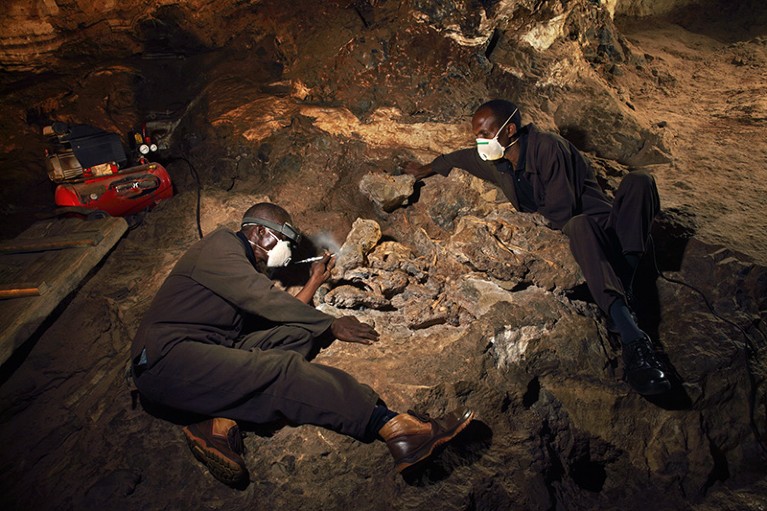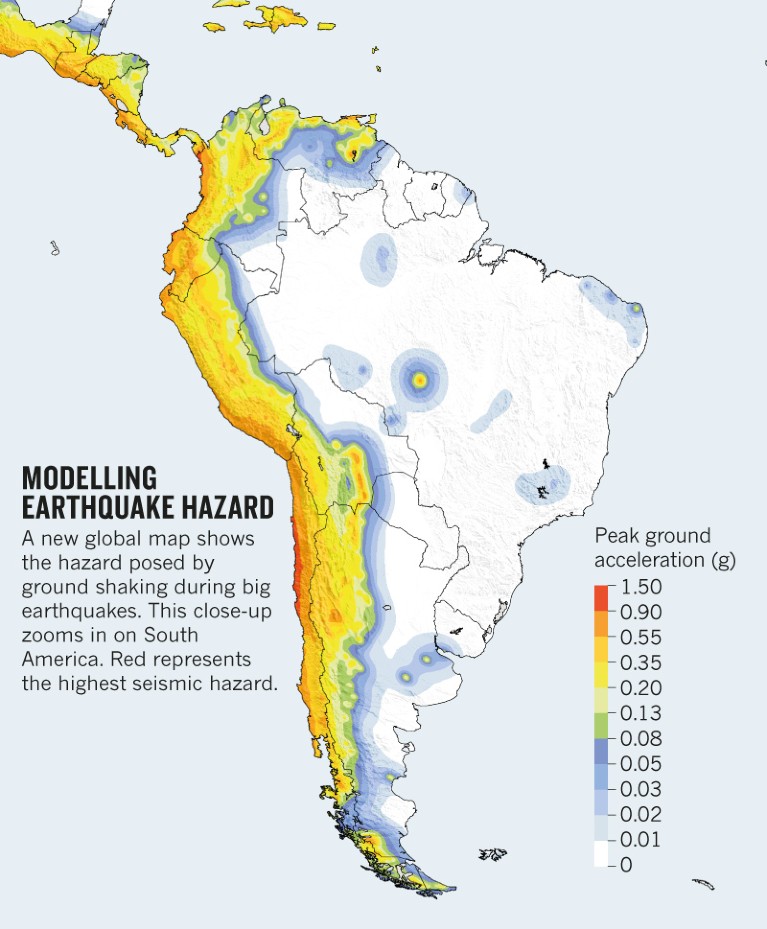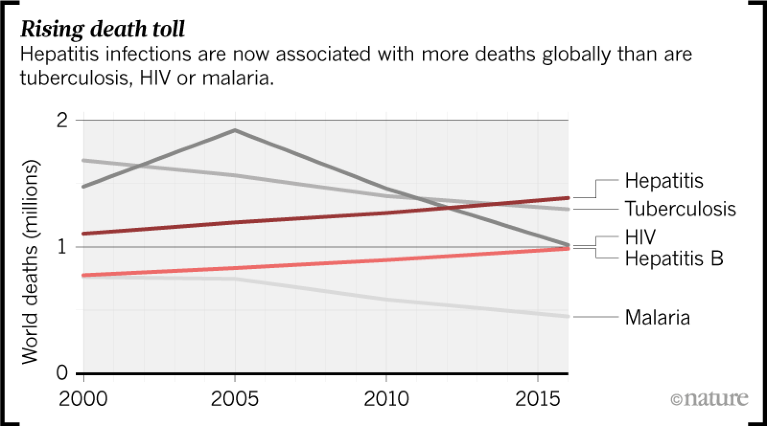Hello Nature readers, this is the news that matters in science today. You can also sign up to get it free in your inbox.

Palaeoanthropologists recovering Little Foot from a rock inside a cave.Credit: Patrick Landmann/Science Photo Library
Epic excavation reveals ‘Little Foot’ hominin
After a 20-year excavation project to recover the bones, scientists have revealed the first analysis of the most complete Australopithecus ever found. ‘Little Foot’ — so named after the small size of the foot bones that were among the first of the remains to be found — appears to be an adult female who stood about 130 centimetres tall and lived 3.67 million years ago. Her legs are longer than her arms, suggesting she might have been among the first to walk upright like we do. Debate rages about whether Little Foot is a new species, which some scientists are calling Australopithecus prometheus.
Reference: bioRxiv paper 1, paper 2, paper 3 & paper 4
Ebola detectives seek hidden sources of infection
As health workers in the Democratic Republic of the Congo (DRC) try to stamp out the second-largest Ebola epidemic on record, they are racing to identify overlooked routes of infection. Although experimental drugs and a vaccine have helped to limit Ebola's reach, two-thirds of new infections cannot be linked to existing cases. Part of the challenge is that Ebola can be unwittingly spread when people attend informal medical clinics that have sprung up in underserved communities in the region.
Ethnic minority academics earn less in the UK
Black and Arab academics at the United Kingdom’s top universities earn an average of 26% less than their white colleagues. A BBC investigation revealed the average pay gap across 22 of the country’s most prestigious research-based institutions. For women, the news is even worse: black, female academics earn an average of 39% less than their white, male colleagues. “One of the reasons for the gap is that black women in particular tend to be on temporary teaching-only contracts that trap them in low waged work with few opportunities to move on to permanent positions,” says sociologist Akwugo Emejulu, 1 of just 26 black female professors in the UK.
Earthquake-risk maps pinpoint the vulnerable
Three new open-source maps reveal where most people are vulnerable to seismic disaster. “We’re not just talking about shaking — we’re talking about human losses and the collapse of buildings,” says risk coordinator Vitor Silva.

M Pagani. et al./Global Earthquake Model
FEATURES & OPINION
Stopping the silent epidemic
In 2016, the most recent year for which estimates are available, the number of deaths worldwide from hepatitis B virus (HBV) rose to 1.4 million, outstripping those from tuberculosis, HIV or malaria. HBV “has travelled with humankind for tens of thousands of years — and by dint of that invisible carriage, has never had that injection of political advocacy, funding, energy and education that’s gone into HIV”, says immunologist Philippa Matthews. Researchers and health workers are working to change that by bringing vaccination and treatment to the most vulnerable people in sub-Saharan Africa.

Source: Global Health Estimates 2016
A grandmaster salutes AlphaZero
Chess has become the Drosophila fruit fly of reasoning, argues grandmaster Garry Kasparov — the game is a model organism for unlocking the secrets of human thought. Kasparov has embraced the computer dominance of his sport since he lost a legendary bout against IBM's Deep Blue in 1997 — a dominance recently reinforced by Google’s AlphaZero chess-playing system. “I was pleased to see that AlphaZero had a dynamic, open style like my own,” he says, and that it “is surpassing us in a profound and useful way”.
Above all, mourn the wasps
“Insects are a rich group, and the most affluent of the rich are the wasps,” says entomologist Alex Wild in his ode to the unimaginably prolific creatures. He touches on the vast variety of these tiny predators and parasites, and his fear for their severe decline. “Wasps, more than any insect, are a mirror held to our planet,” he says.
